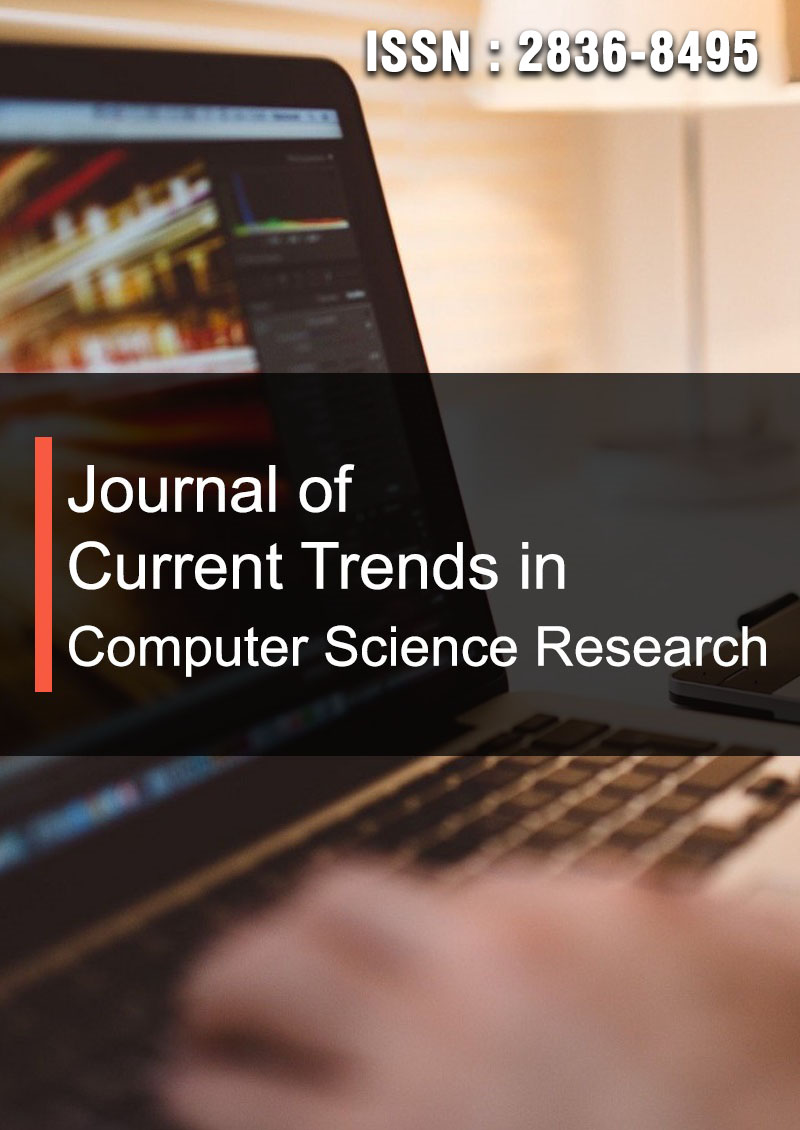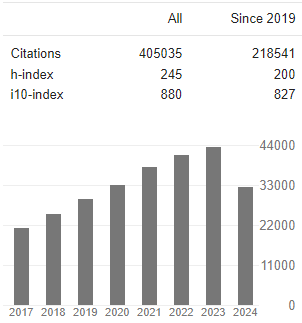Natural Equidistant Primes (NEEP) and Cryptographic Coding of the Goldbach's Strong Conjecture
Abstract
Bahbouhi Bouchaib
For the first time, this article introduces the notion of natural equidistant-equiranked prime numbers (NEEP) which are the only ones to verify the strong Goldbach conjecture naturally in the set of natural integers. If E is an even ≥ 4 and E = p + q such that q > p, NEEP are the equidistant primes which also have the same ranking for p between 0 and E/2 and for q between E and E/2. Primes are counted from 0 to E/2 on one hand, and inversely from E to E/2 on the other hand. Therefore, primes having the same ranking face each other on a same line and if equidistant relatively to E/2 then their sum = E. From the NEEP, we calculate the deducible equidistant prime numbers (DEP) and it is only from NEEP + DEP that we obtain all the possible sums of two prime numbers of a given even number. No current algorithm for converting even numbers to the sum of two prime numbers distinguishes NEEP from DEP. There are evens like 30 or 90 which don't have NEEP and therefore not satisfying naturally Goldbach's strong conjecture (GSC) unless DEP is deduced by calculation. This is a new matter of thinking : should GSC be refuted because there are evens not having NEEP ? Is this conjecture only deducible by calculation ? Normally one expects GSC to be true with NEEP before getting to DEP.
The natural presence of NEEP has been exploited here to set up for the first time a system of coding and deciphering even numbers which allows a calculator to deduce all their possible sums of two prime numbers. This article then has two originalities not published before which will certainly be subject to debate.





